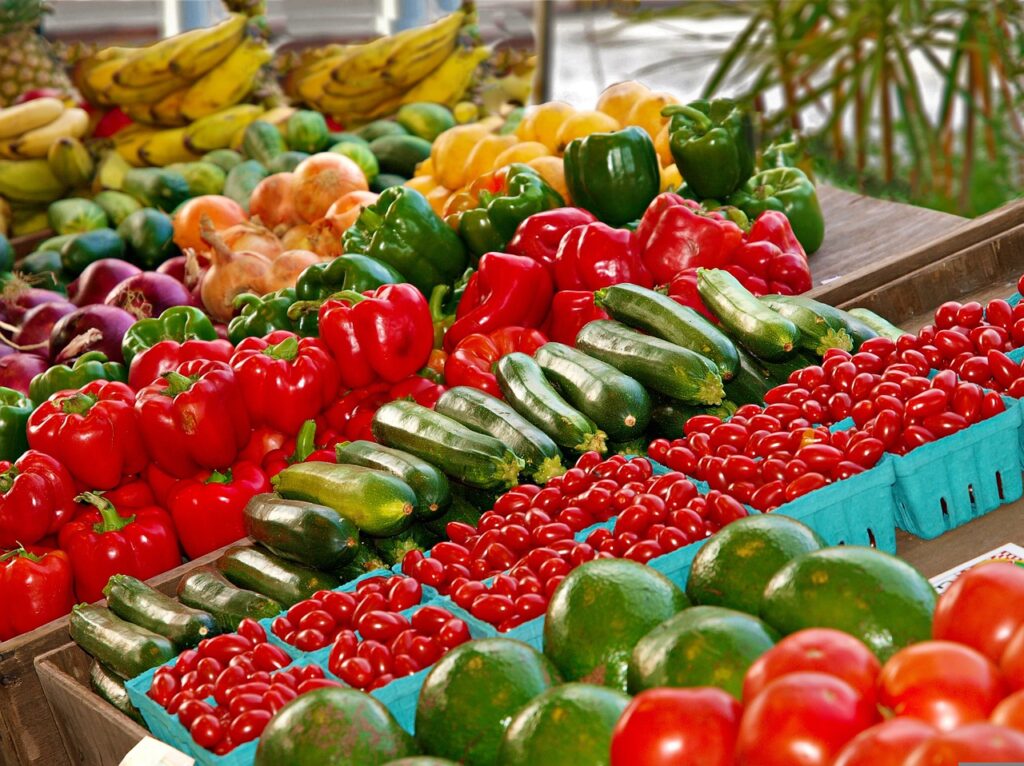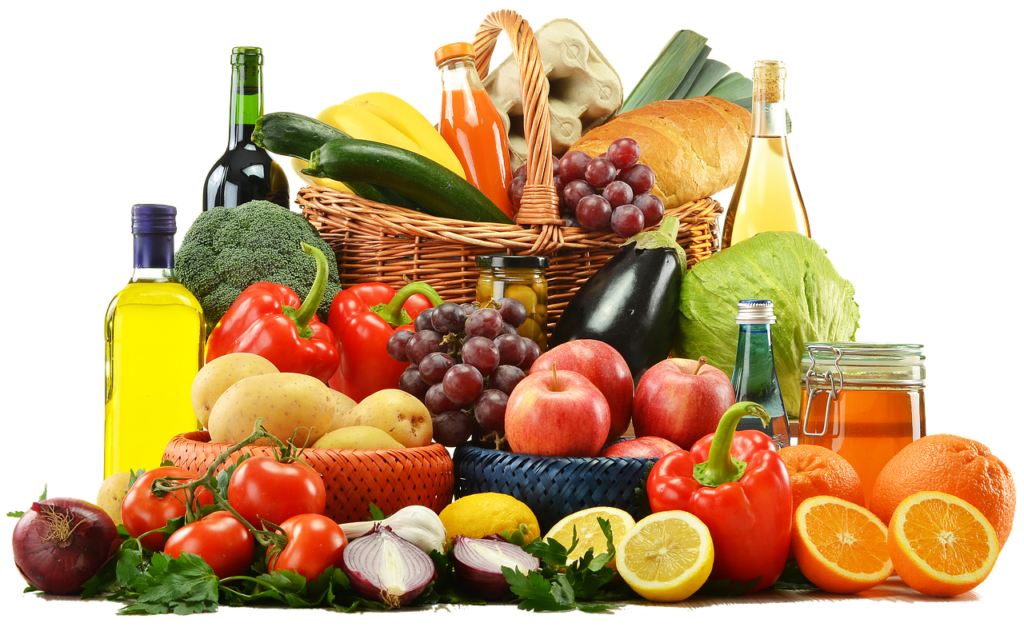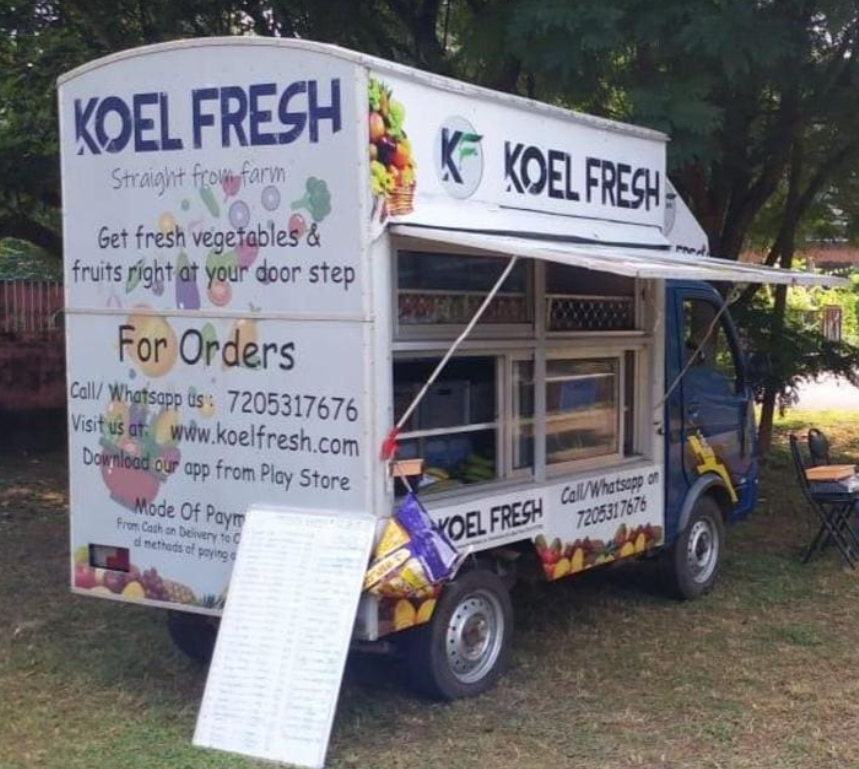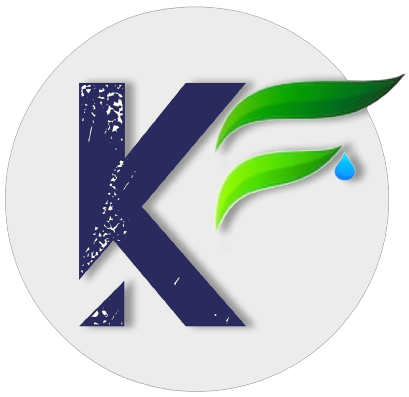Our Story

Everyone loves fresh green vegetables. To preserve the freshness we keep them in our refrigerator. But what about the freshness it loses by the time it reaches the market from the farm?



Process

Firstly, We abridge the demand-supply gap. On a web cum android-based application, the consumers place their order and on the basis of the orders, the farmers harvest their produce. So as the farmers get to know the actual demand beforehand the losses are minimized.
Secondly, the vegetables are transported in a refrigerated van direct from the farm to the warehouse. This ensures the veggies remain fresh during transportation.
In the third phase, the veggies undergo a three-stage washing process to remove the tresses of chemical pesticides yet retain their purity and nutritional value.
In the Fourth phase, The veggies are sorted according to quality, packed, and placed inside a refrigerated van to get ready for delivery.
Technological Intervention



